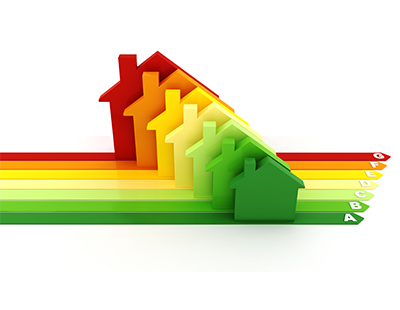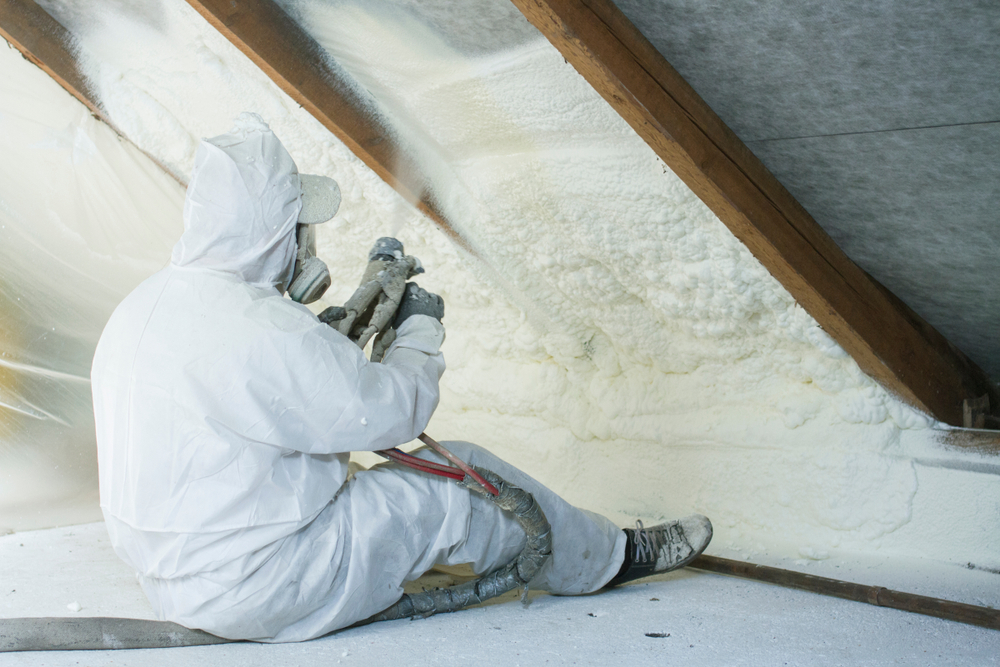The analysis found that a third of properties across England and Wales, or 6.3m, only meet insulation standards of 1972 Building Regulations.
A further 6m meet regulatory insulation criteria of 1976.
Insulation standards have changed since 1976, with new rules on how much heat loss is permitted from residential properties.
Types of roof insulation and material science have changed over time, meaning 1mm of insulation today is generally better than 1mm 50 years ago.
Poor insulation can also mean more energy is used to heat a home, pushing up already high energy bills, which may also discourage buyers when a homeowner tries to sell a property.
It comes as 68% of respondents said energy performance ratings were important to their decision making, with a third saying that they placed more importance on this than they did a year ago.
Consumer research of 2,000 UK homeowners commissioned by EDF to support the study also found that despite the average household living with insulation standards dating back at least 46 years, only a third have ever updated their insulation.
In contrast, consumers update their phones every two years and four months, TVs every three years and five months, cars every four and a half years and kitchens every 7 years and 11 months.
A quarter said that they have not updated their insulation because it’s too expensive to install, whilst a fifth would rather spend their money on other things or don’t know what type of insulation they need.
EDF has said it will bring forward support for fuel-poor households to install energy efficiency measures as a result of the findings, especially amid concerns that the energy price cap on out of contract tariffs could rise again in October.
Philippe Commaret, managing director for customers at EDF, said: “It’s surprising that the average insulation age of a home is over 40 years old, with so few homes having sufficient insulation installed to meet modern energy efficiency standards.
“As energy prices continue to rise, quality insulation is the most effective way to cut household bills permanently, however is often overlooked as the cost of installation is a significant barrier to many.
“That’s why it's so important that we work with government and industry to find new ways to get more homes insulated as soon as possible and why we’ll be supporting our vulnerable customers to help insulate their homes now, ahead of bills rising again in October.”
Savills research last week found that 68% of potential buyers claim energy performance ratings were important to their decision making, with a third saying that they placed more importance on this than they did a year ago.
















.png)


.png)




Join the conversation
Be the first to comment (please use the comment box below)
Please login to comment